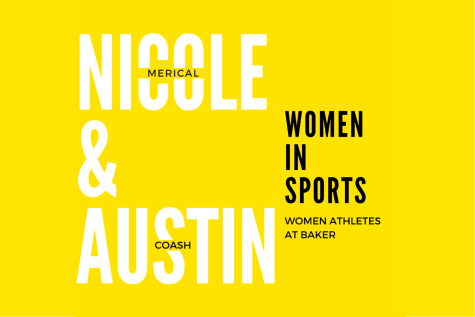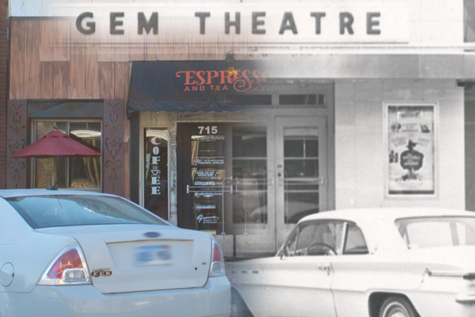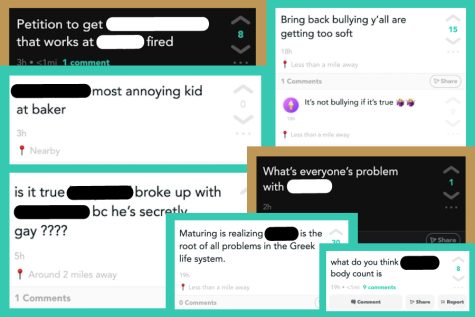Credit cards: Have your cake and eat it, too
One time I had a friend who complained of being hung over two whole days following her wild night at a fraternity party. If a two-day hangover sounds bad, picture a hangover that could last for several years. Being in a perpetual hangover may be physically impossible (I am not a doctor but I am pretty sure of this), but the psychological hangover of crippling debt can cause similar effects.
For years, financial experts have warned of the negative consequences and debt that can come with using credit cards while in college. I would beg to differ. I think there are ways to have your cake (go to the frat parties) and eat it too (drink but not have a hangover).
The idea of debt and monthly bills can sound scary, but it is still worth it to have a credit card. Can you imagine graduating college with no credit built up? This is the equivalent of graduating and moving right back into your parents’ basement because no one trusts your ability to pay for a house or apartment.
The biggest benefit of signing up for a credit card is the chance to build a good credit history. Credit scores are determined based on ability to pay on time, diversity of purchases and responsibility with usage.
I have a credit card with a low limit and use it strictly for groceries, gas and hygiene essentials such as shampoo and face wash. All of these products are purchases I would make with my debit card anyway, but instead I just move the money from my checking account to my credit card when I receive the statement. If used responsibly, such as on products you would normally purchase, there is virtually no risk as long as you are paying your bill on time.
In the years before the recession, credit cards were much more prevalent on college campuses than they are now. Representatives from credit card companies would even come to some campuses and try to persuade students to sign up. Since 2008, though, new laws have been put in place to make it more difficult for credit card companies to target students.
Today, one of students’ biggest concerns with credit cards is the interest rates as high as 29 percent annually. However, if you pay regularly like I do and only use the card on essential purchases, your interest rate can be zero.
An advantage to credit cards is online purchases. Many Baker students purchase textbooks, class supplies and even groceries online. It is much safer to use a credit card for any online purchases than a debit card. Using a debit card for online shopping is actually an invitation to fraud or identity theft.
I should add in one disclaimer. If you are the type of student who is OK with pushing professors to their limit with late work or embrace being “impulsive,” then you may not want to sign up for a credit card. With the great power credit cards provide, they also come with a great responsibility to be proactive with payments.
Overall, the benefits outweigh the negatives. You can give yourself a strong financial reputation, enhance your purchasing power and protect yourself against fraud/identity theft.
Having a credit card and using it responsibly is the equivalent of alternating your vodka Red Bulls with water. It prevents the possible high interest rate hangover and gives you a great night all in one package.













